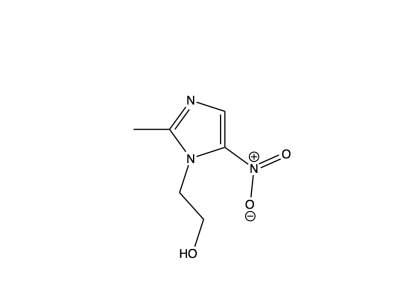It has been a while since I have blogged. This mini hiatus has been due to a hectic summer in the lab and the arrival of new graduate students, who need frequent direction.
More and more people in my workplace have found out that I use twitter and are surprised to find out how many followers I have and how long I have been a member. This had led lot of people to then ask me why the heck I use twitter. They seem to think that social media, in particular twitter, is for teenagers to follow the exploits of their favourite boyband. I have found twitter to be an excellent tool as a novice scientist and wish to express my feelings here (thanks to @_byronmiller for the helpful inspiration).
1) During my PhD
I found twitter very useful during my PhD write-up. I could vent to people who had gone through the same laborious PhD process as me, using the hashtag #phdlife. There were people on twitter just like me who could offer excellent advice and ideas from how to deal with the stress to how to improve my thesis writing, for example, I found out about Mendeley because I was exasperated with Endnote and tweeted my feelings. Many followers offered their experiences with various software packages and I ended up with Mendeley, which I still use to this day. Chemdraw are even on twitter now, so if you get stuck drawing a molecule you can just ask for help!
2) Literature searching
I am very capable at literature searching. I have RSS feeds, Google scholar alerts and I read my favourite journal website daily to see if there are any new developments in my research area. I have found, however, that twitter has broadened by chemical knowledge, with editors, academics and students regularly tweeting publications of interest from all areas. I even read computational publications now, due to the sheer number of computational tweeps online (I still don’t understand it all though, sorry).
3) Networking
I have been able to converse with the editors of journals and academics, join in with outreach activities (e.g. ScienceGrrl who recently gave me the opportunity to meet Brian Cox), contribute to magazine stories (e.g. Beth Halford’s Postdoc Pains and Gains piece) and even get free bits of lab kit! It is such an easy place to join in a conversation and ‘meet’ people. It doesn’t matter if it is only over the internet, the people you converse with are just as important as those contacts who you have met in real life.
4) Job postings
People, including me, post jobs of interest that they have found, using the hashtag #chemjobs. There is even a tweep, disguised as a duck, who dedicates much of his time to job postings (@chemjobber). I used to regularly look at the Nature jobs and jobs.ac.uk websites but now I mostly just use their twitter feeds.
5) Conferences
Going to a conference? Don’t know anyone else going? Just tweet about the conference using a relevant hashtag and you are sure to find drinking buddies. I recently did this on a trip to Kyoto, not only did I find drinking and karaoke buddies, but I also found people who could recommend places to visit. Twitter is also a great place to find out about conferences and which talks to go to at a particular conference.
6) #Realtimechem
Ok, so I am a little biased, but I do love the #realtimechem hashtag. This hashtag is used to show the world what chemists are up to everyday, in and out of the lab. Some people post awesome pictures and I get to learn so much about the techniques that other chemists use.
So readers, what one reason would you give a person to join twitter, or conversely, why do you think it is pointless to join twitter? Leave your comments below or tweet me!
p.s. If you are new to twitter and not sure where to begin, I highly recommend Heather’s post on ‘How to Use Twitter’.
p.p.s If I haven’t convinced you that Twitter is great, then believe Nature Chemistry.















